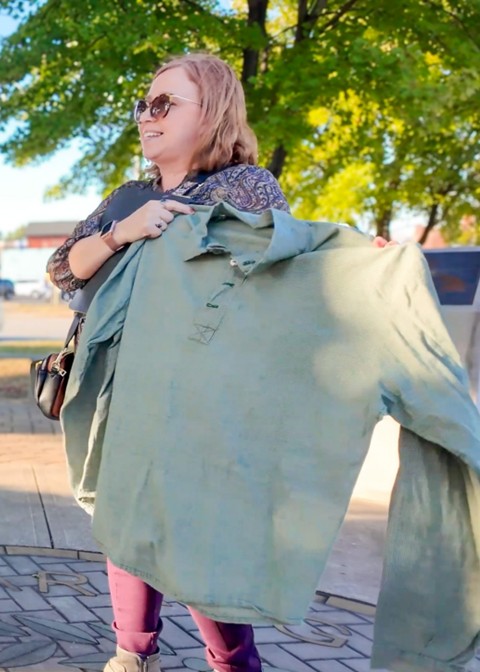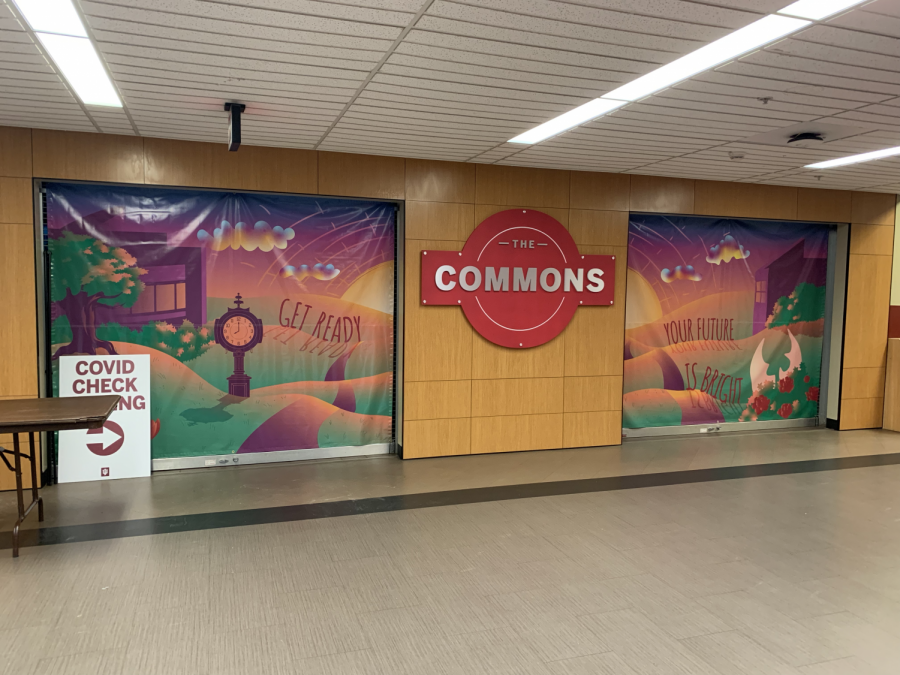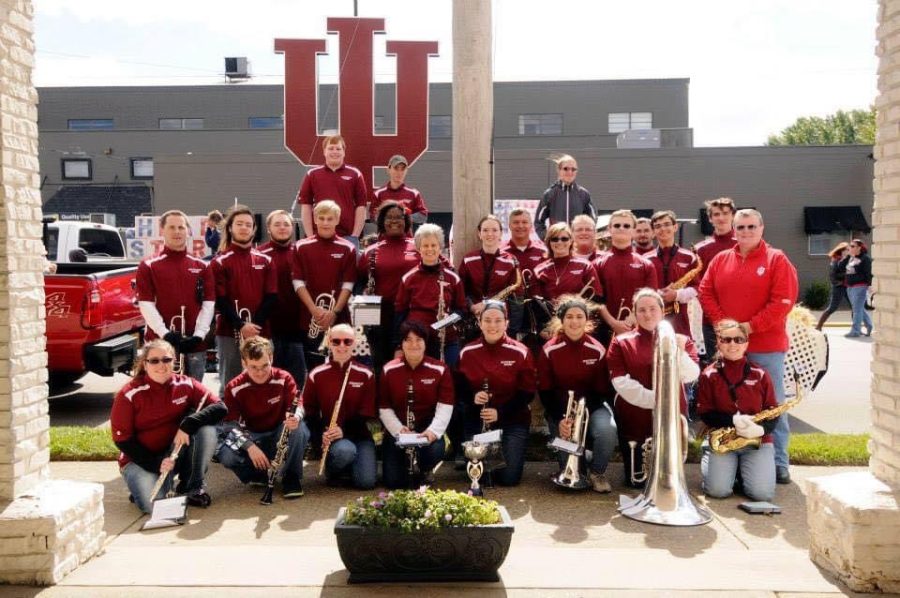Walk into any computer lab on campus and, more than likely, at least one of the students is using a social networking Web site.
Social networking Web sites have made such an impact on students that IU Southeast has devoted a page in the First-Year Seminar book to giving advice on how to use them responsibly, also known as having a “drama-free” homepage.
Facebook, arguably the most popular social-networking site, has more than 150 million users from 170 different countries.
Both professors and students are using the application, and both groups have their own separate network; making it easy for students to find professors and vice-versa.
Gregory Phipps, senior lecturer in sociology and coordinator of sociology, said he thinks Facebook is a good way for professors and students to establish rapport outside of the classroom, but cautions that social networking Web sites are taking away from human interaction and personal contact.
“It gives my students the ability to see information about me and learn what my interests are, and I am also able to learn more about them,” Phipps said. “On the downside, if people are surfing Facebook during class, that could be disruptive to the learning experience.”
Michelle Hop, journalism sophomore, said she talks to her one faculty friend about poetry and does not restrict them from any part of her profile.
“I let anyone see my whole profile, actually,” Hop said. “I just don’t put anything on there I would feel a need to hide.”
Jimmy Polivka, Spanish, political science and international studies senior, said he communicates with his professors on Facebook on an informal basis, but he also maintains boundaries.
“I interact with my professors differently in real life than I do with my friends, so it makes sense to do the same on here,” Polivka said. “Although I don’t exactly have anything inflammatory on my profile, I still like to be conscious of what information pertaining to me is made public.”
Facebook’s security settings allow each user to control their own level of exposure, but there is still an issue of human disconnection. By using Facebook, people circumvent traditional means of communication which force direct interaction.
Donna Dahlgren, associate professor of psychology and First-Year Seminar coordinator, said as technology evolves, society must adapt.
“I’m not anti-Internet; from a cognitive perspective, I think you can get the same level of interaction,” Dahlgren said. “Did the telephone ruin the one-on-one conversation? No, so why would we think this technology is going to do it?”
Dahlgren said it can be difficult to get students to visit during office hours, and being Facebook facilitates can facilitate a more convenient means of relaying information.
“I initially got my Facebook account to keep in touch with nieces and nephews, but I began to get friend requests from students,” Dahlgren said. “I would be online, and I would get messages with questions about advising, which I don’t mind.”
Dahlgren said, while she encourages her students to use Facebook, it must be used in moderation.
“You can’t let it take over your life, and it should not be your only source of interaction,” Dahlgren said.
Bernardo Carducci, professor of psychology, said he thinks Facebooks can be used as a bridge to personal interaction, but he prefers face-to-face interaction, especially with students.
“If I’m going to connect with my students, how about I connect with them in the classroom,” Carducci said.
“Anything that you can do to facilitate connection is good, but you don’t want it to be the substitute for live interaction,” Carducci said.
By MICHAEL MARCELL
Staff writer.
mdmarcel@ius.edu








